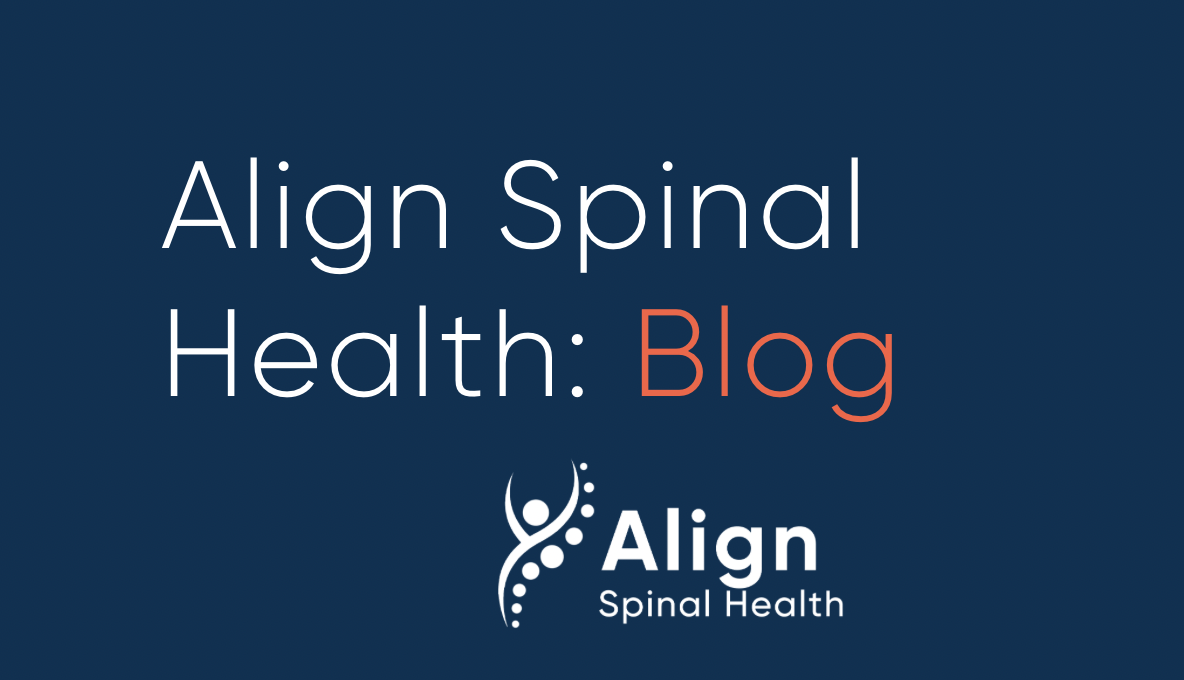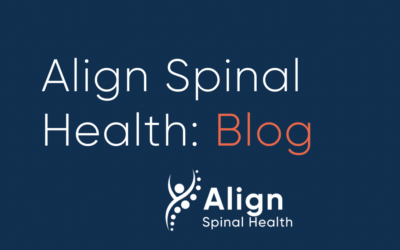A migraine can cause severe throbbing pain or a pulsing sensation, usually on just one side of the head. It’s often accompanied by nausea, vomiting, and extreme sensitivity to light and sound. Migraine attacks can cause significant pain for hours to days and can be so severe that the pain is disabling.
Causes
Though migraine causes aren’t understood, genetics and environmental factors appear to play a role. Migraines may be caused by changes in the brainstem and its interactions with the trigeminal nerve, a major pain pathway. Imbalances in brain chemicals — including serotonin, which helps regulate pain in your nervous system — also may be involved.
Researchers are still studying the role of serotonin in migraines.
- Foods
- Food additives
- Drinks
- Stress
- Sensory stimuli
- Changes in wake-sleep pattern
- Physical factors
- Changes in the environment
- Medications
Signs & Symptoms
Prodrome
One or two days before a migraine, you may notice subtle changes that warn of an upcoming migraine, including:
- Constipation
- Mood changes, from depression to euphoria
- Food cravings
- Neck stiffness
- Increased thirst and urination
- Frequent yawning
Aura
Aura may occur before or during migraines. Most people experience migraines without aura.
- Visual phenomena, such as seeing various shapes, bright spots or flashes of light
- Vision loss
- Pins and needles sensations in an arm or leg
- Weakness or numbness in the face or one side of the body
- Difficulty speaking
- Hearing noises or music
- Uncontrollable jerking or other movements
Attack
A migraine usually lasts from four to 72 hours if untreated. The frequency with which headaches occur varies from person to person. Migraines may be rare, or strike several times a month.
During a migraine, you may experience:
- Pain on one side or both sides of your head
- Pain that feels throbbing or pulsing
- Sensitivity to light, sounds, and sometimes smells and touch
- Nausea and vomiting
- Blurred vision
- Light-headedness, sometimes followed by fainting
Post-drome
The final phase, known as post-drome, occurs after a migraine attack. You may feel drained and washed out, while some people feel elated. For about 24 hours, you may also experience:
-
- Confusion
- Moodiness
- Dizziness
- Weakness
- Sensitivity to light and sound


